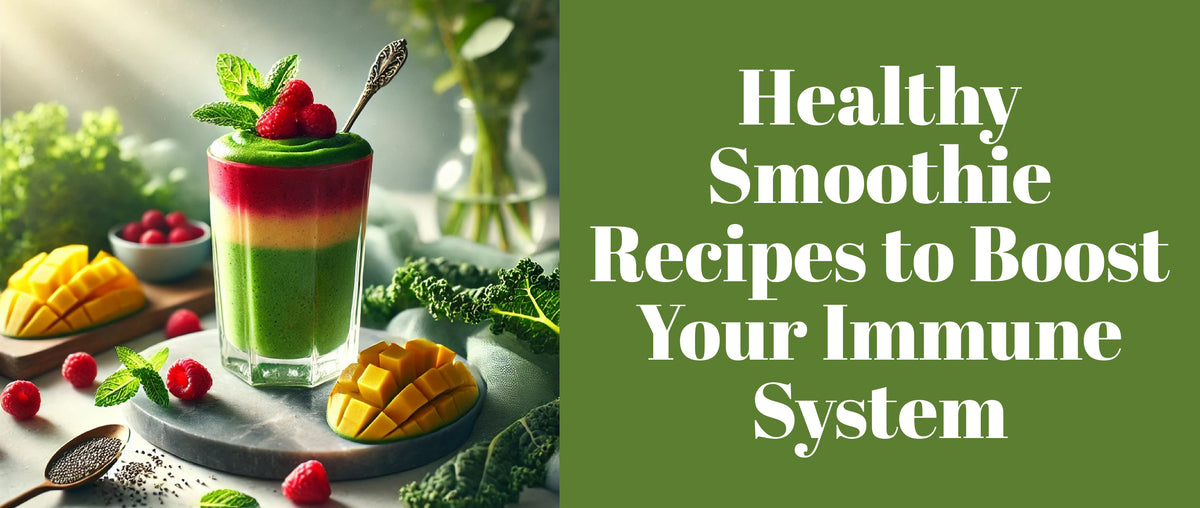Weight Gain Strategies for Athletes
For athletes, gaining weight isn’t just about eating more—it’s about gaining muscle mass, improving performance, and maintaining overall health. Many athletes struggle with weight gain due to high metabolism, intense physical activity, or a lack of understanding about proper nutrition strategies.
In this comprehensive guide, we’ll dive into why athletes struggle to gain weight, provide effective nutrition tips, discuss healthy meal plans, and recommend key foods, including plant-based and vegan alternatives like oat milk, vegan butter, and unprocessed cheese.
Key Takeaways
- Athletes often struggle with gaining weight due to high metabolic demands and intense training.
- Proper weight gain involves a balance of macronutrients, including proteins, carbohydrates, and healthy fats.
- Including plant-based and vegan options like cashew butter, fat-free butter, and fresh mozzarella can provide nutrient-dense calories.
- Weight gain should be gradual, prioritizing muscle over fat.
Why Do Athletes Struggle to Gain Weight?
Athletes face unique challenges when trying to gain weight:
- High Energy Demands: Continuous physical activity burns calories faster than they can be consumed.
- Fast Metabolism: Some athletes naturally have high metabolic rates, making it difficult to maintain a caloric surplus.
- Appetite Suppression: Intense workouts often reduce appetite, which can make eating enough calories feel like a chore.
- Poor Recovery Nutrition: Inadequate post-workout meals or neglecting healthy drinks like kombucha and protein-rich smoothies hinder recovery and muscle growth.

Fueling to Promote Muscle Growth and Weight Gain
Nutrition plays a critical role in weight gain. Here’s how athletes can optimize their diet:
Macronutrient Breakdown
1. Proteins
- Essential for muscle repair and growth.
- Include options like plant-based cheese, vegan cheese, and lean meats.
- Sources: Lentils, tofu, nuts, beans, cashew butter, and protein powders.
2. Carbohydrates
- Provide energy and support muscle recovery.
- Focus on fibrous carbs like whole grains, brown rice, and sweet potatoes.
- Add oat milk to your diet for sustained energy and calcium.
3. Fats
- Calorie-dense and essential for hormone production.
- Opt for healthy fats like avocados, nuts, seeds, and vegan butter.
Sample Meal Plan for Weight Gain
| Meal | Food Options |
|---|---|
| Breakfast | Smoothie with oat milk, bananas, and protein powder; Whole-grain toast with cashew butter. |
| Snack | Fresh mozzarella cheese slices with cherry tomatoes; Mixed nuts and a protein bar. |
| Lunch | Brown rice bowl with grilled tofu, roasted vegetables, and parmesan cheese. |
| Post-Workout | Shake made with apple cider vinegar drink, vegan butter, and almond milk. |
| Dinner | Quinoa salad with chickpeas, kale, and unprocessed cheese; Sweet potato fries. |
| Dessert | Dark chocolate and peanut butter or fat-free butter cookies. |
Why Is Weight Gain Difficult for Some Athletes?
Even when consuming more calories, some athletes don’t see weight gain due to:
- Inconsistent calorie intake: Forgetting to track or skipping meals can create a calorie deficit.
- Nutrient imbalances: Eating empty calories rather than nutrient-dense foods.
- Overtraining: High physical activity without adequate rest stalls recovery and muscle building.
Healthy Foods for Weight Gain
What to Prioritize
- Whole Foods:
- Whole grains, legumes, nuts, and seeds.
- Incorporate calorie-dense options like cashew butter, unsalted butter, and vegan cheese.
- High-Calorie Liquids:
- Smoothies with oat milk for added calories.
- Fortified juices and apple cider vinegar drinks for extra nutrients.
- Vegan-Friendly Options:
- Try plant-based cheese, vegan butter, and fresh mozzarella for dairy-free alternatives.
What to Avoid
- Processed snacks, sugary drinks, and fast food.
- Avoid foods labeled as "low-calorie" if weight gain is your goal.
The Role of Liquids in Weight Gain
Liquid calories are an easy way to boost your daily caloric intake without feeling overly full:
- Smoothies:
- Add oat milk, bananas, spinach, and nut butter for a nutrient-packed drink.
- Recovery Shakes:
- Combine protein powder with apple cider vinegar drinks or fortified almond milk.
- Hydration:
- Drinks like kombucha support gut health and improve nutrient absorption.
How Fast Can You Gain Weight?
Weight gain should be gradual and sustainable. Gaining 0.5 to 1 pound per week is considered healthy. Faster weight gain may lead to fat accumulation rather than muscle growth.

How Weight Changes With Age
As athletes age, their metabolism slows, and muscle mass naturally declines. Maintaining an active lifestyle and focusing on nutrient-rich foods like low-fat butter, whole grains, and plant-based cheese can prevent unwanted weight loss or gain.
Exercise and Weight Gain
Key Training Strategies
- Resistance Training:
- Focus on compound movements like squats, deadlifts, and bench presses to build overall mass.
- Rest and Recovery:
- Adequate rest is essential for muscle repair. Pair rest with healthy drinks like protein smoothies.
- Caloric Support:
- Ensure post-workout meals include a balance of proteins, carbs, and fats.
Conclusion
Athletes aiming for weight gain must adopt a structured approach that combines nutrition, exercise, and rest. Incorporating vegan products like plant-based cheese, unsalted butter, and fat-free butter provides nutrient-rich options that support muscle growth.
By maintaining a caloric surplus, engaging in resistance training, and prioritizing nutrient-dense foods, athletes can achieve their goals effectively and sustainably. Whether you prefer traditional or vegan items, the key lies in consistency and balance.
Do you enjoy vegan food? We have a list of vegan restaurants in India to help you find delicious options in your area!










